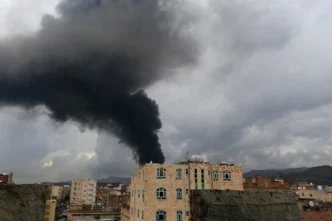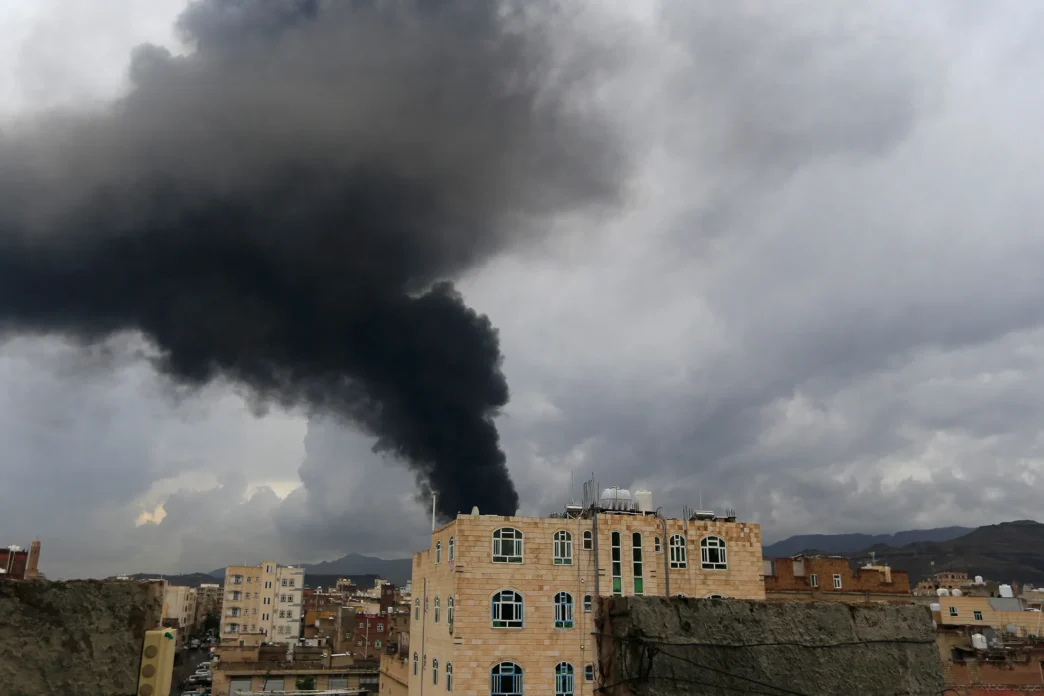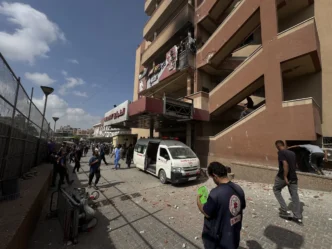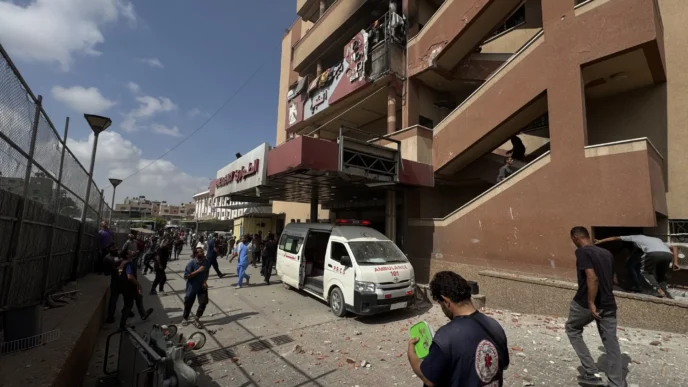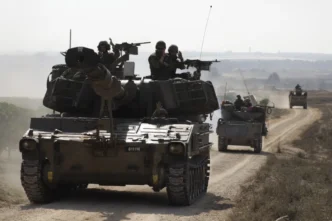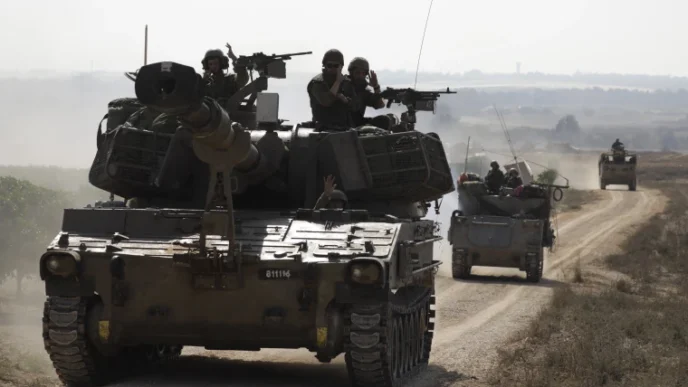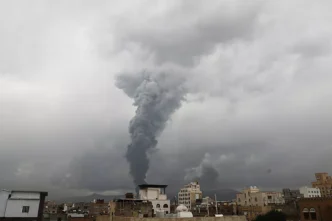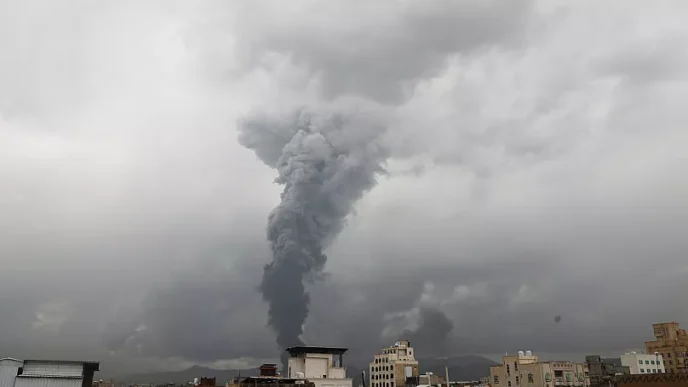Israel has carried out a series of airstrikes on military installations controlled by Yemen’s Houthi movement, intensifying an already volatile security environment in the Middle East. The strikes, confirmed by regional sources late Saturday, were described as a direct retaliation for recent Houthi-launched attacks targeting Israeli-linked interests in the Red Sea and beyond.
Details of the Strikes
According to security officials, Israeli warplanes struck multiple Houthi-controlled sites in northern Yemen, focusing on weapons storage facilities, drone launch sites, and radar stations believed to be part of the group’s offensive network. Though casualty figures remain unclear, preliminary reports suggest significant material damage to Houthi military infrastructure.
Military analysts note that the operation marks one of the most direct confrontations between Israel and the Houthis in recent years. While Israel has previously intercepted drones and missiles launched by the Iran-backed militia, full-scale retaliatory strikes inside Yemen highlight a new phase of military engagement.
Background to the Escalation
The Houthis, who control much of Yemen’s northern territory, have repeatedly targeted Israeli-linked vessels in the Red Sea and Gulf of Aden since the start of the Israel-Hamas war in Gaza. The group claims solidarity with Palestinian factions and has vowed to expand its operations against Israeli and Western interests in the region.
In recent weeks, the Houthis launched several long-range drones and cruise missiles aimed toward southern Israel. Although most were intercepted by Israeli defense systems and U.S. naval forces stationed in the region, the attempted strikes heightened concerns about a broader conflict spilling beyond Gaza and Lebanon.
Regional Implications
Israel’s retaliatory action underscores the growing risk of a multi-front conflict. Already facing tensions with Hezbollah in Lebanon and maintaining its ongoing military campaign in Gaza, Israel now finds itself in open hostilities with a third Iranian-aligned actor.
For Washington, the strikes add pressure to its ongoing mission to secure Red Sea shipping lanes. U.S. naval forces have been escorting commercial vessels to prevent disruptions from Houthi drone and missile attacks. Western officials fear that Israel’s new strikes could further embolden the Houthis to retaliate, potentially threatening international shipping routes that carry a significant share of global trade.
Iran’s role also looms large. As the principal supporter of both Hezbollah and the Houthis, Tehran’s network of regional militias has given it leverage to pressure Israel and its allies without direct confrontation. Analysts suggest that Israel’s decision to target Houthi sites directly may also serve as a warning to Iran that cross-regional attacks will not be tolerated.
Diplomatic Fallout
Arab states, many of whom are wary of both Houthi aggression and Israeli escalation, are watching the situation closely. The Gulf Cooperation Council (GCC) has previously condemned Houthi strikes on Red Sea shipping, but open Israeli military involvement in Yemen may complicate delicate diplomatic balances in the region.
At the United Nations, calls for restraint are expected as diplomats fear that expanding conflict zones could destabilize broader peace efforts in Yemen, where years of war have already produced one of the world’s worst humanitarian crises.
What Comes Next
With both sides signaling unwillingness to back down, the prospect of tit-for-tat escalation remains high. For Israel, maintaining deterrence across multiple fronts is becoming increasingly complex, while for the Houthis, regional visibility and influence grow every time they confront a stronger adversary.
Analysts warn that unless diplomatic channels are revived, the region may soon face another destabilizing war front—stretching from the Mediterranean to the Arabian Peninsula.


